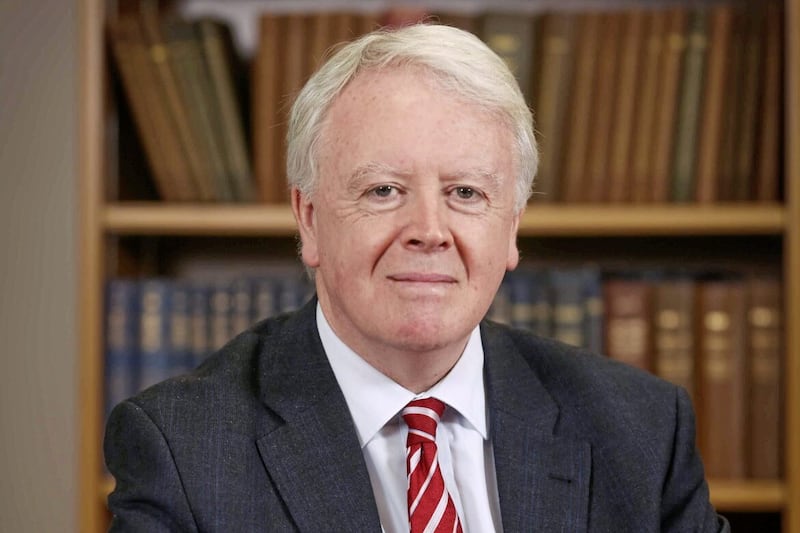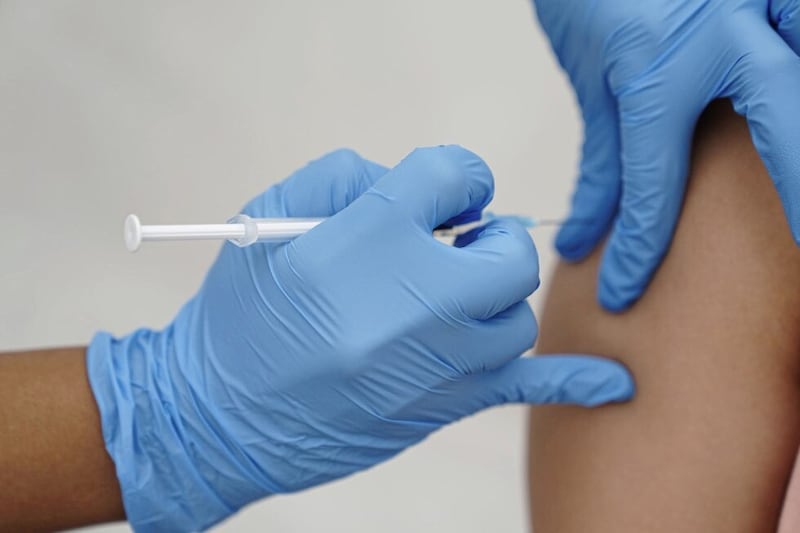THE PSNI paid out £33.9 million last year to officers injured on duty (IoD), with auditors warning the scheme is "not fit for purpose" as 12 claims are lodged with the Policing Board every week.
Auditor General Kieran Donnelly's investigation found the scale of claims in Northern Ireland is "significantly greater" than in England, where the Metropolitan Police Service, with more than 30,000 officers, receives around 20 applications each year.
The PSNI has 6,894 officers.
"No police service in England has more than 650 IoD awards in payment, while there are more than 2,800 in Northern Ireland," the report notes.
It finds the scheme "complex and challenging to administer", with the PSNI providing the budget, but the Policing Board responsible its administration and the Department of Justice for the legislative framework and for co-ordinating medical appeals.
It also pointed to the lack of time limits for applications, with backdated awards involve costly arrears payment from the date of the injury, giving the example of one case in 2018-19 dated back 25 years costing £429,000 in arrears alone.
"Substantial changes are necessary if the schemes are to be affordable in the future," Mr Donnelly said.
"The end to end process for the PSNI scheme needs to be simplified and streamlined with reconsideration given to the respective roles of the PSNI, the Policing Board and the Department of Justice. In the interim, the public bodies involved should take action to address the most urgent issues."
He said it should follow the Prison Service which is carrying out a fundamental review of its own scheme.
Payments of `injury on duty' awards are increasing for both schemes, restricting spending elsewhere in the budget.
In recent years, Post-Traumatic Stress Disorder (PTSD) has been one of the most common injuries for payments, but the PSNI also has a considerable number of hearing loss injury awards, which are increasingly being lodged by prison officers.
The report notes it is difficult for the PSNI and Prison Service to forecast these payments awards because other bodies are responsible for the administration of the schemes and appeals process.
In 2018-19 the prison service paid out £2.3 million an increases of 283 per cent over the last 5 years - the PSNI increase in that period is 32 per cent.
The Policing Board processed 325 cases, with a further 500 applications, 500 reviews and 160 appeals awaiting processing.
At March 31 2019 provisions for `injury on duty' awards were valued at £488.4 million for the PSNI and £52.8 million for the Prison Service.
Auditors want reviews to "provide clarity on the aims of the schemes" and to establish "appropriate checks and balances", saying legislation changes will be needed to ensure they are efficient, affordable and controlled properly.
They say current laws dates back to the early 2000s "and did not anticipate the change in the type of injuries being claimed for", with terms and eligibility criteria for the Prison Officers scheme the same "at least as far back as 1972 and possibly even earlier".
They note efforts by both organisations "to improve well-being and reduce the level of injuries sustained by officers".
The Prison Service is trying to reduce assaults on staff and have introduced Body Worn Video Cameras and with drugs "a significant factor contributing to violence", has "worked closely" with police to prevent trafficking.








